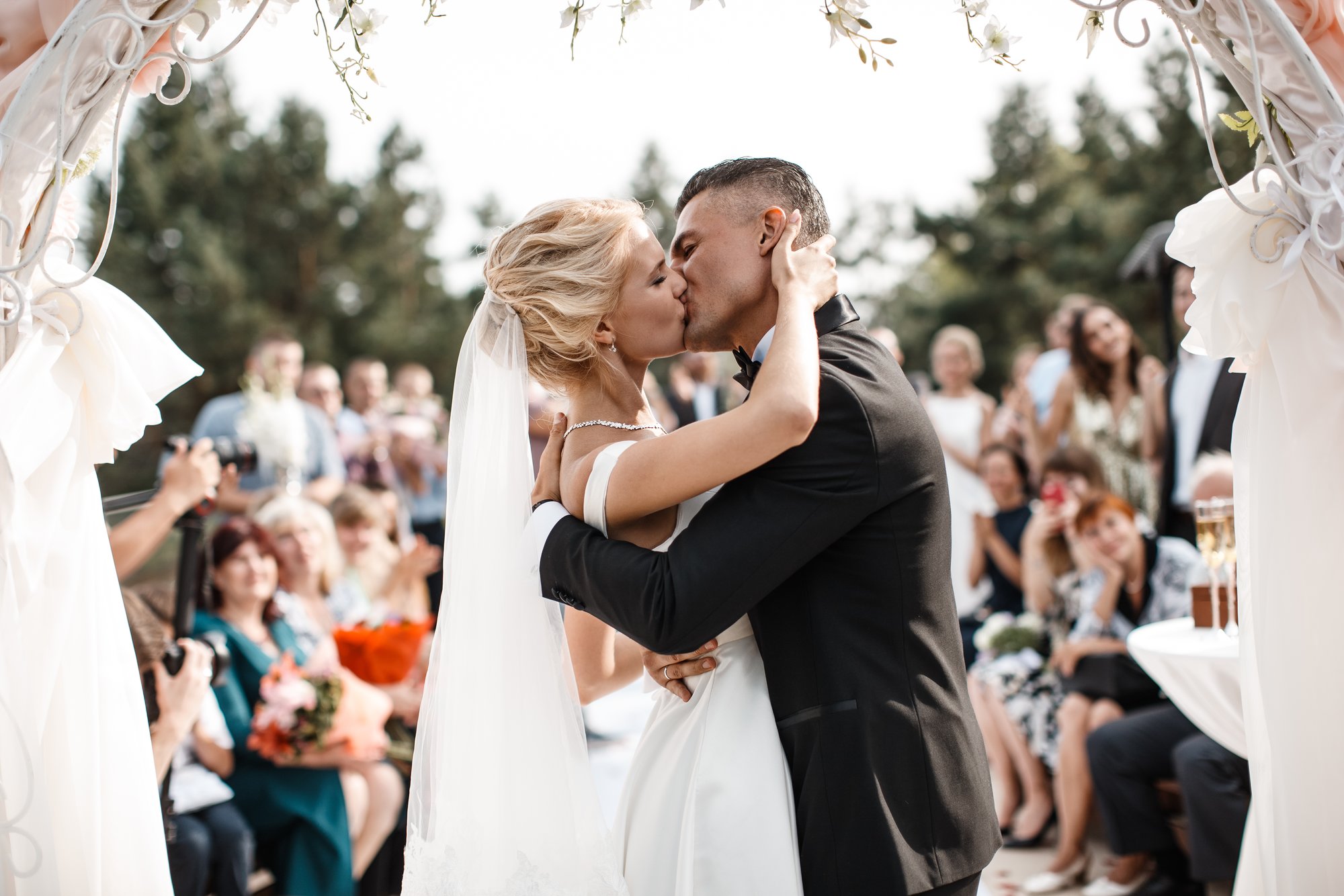Introduction
The first kiss is an exciting milestone in any budding relationship—often charged with anticipation, nerves, and hope. But how do you know when you are truly ready? Understanding your feelings, reading your partner’s signals, and recognizing emotional readiness play crucial roles in making your first kiss a memorable and positive experience.
Why Knowing Your Readiness Matters
Being emotionally ready for your first kiss ensures that the experience is enjoyable and consensual for both you and your partner. Readiness helps reduce anxiety and boosts confidence, allowing you to be present in the moment and savor the connection. Conversely, rushing into a kiss when unprepared can lead to discomfort, awkwardness, or miscommunication, which might affect how you view romantic intimacy going forward.
Signs That Indicate You Are Ready for Your First Kiss
Identifying your readiness involves both self-awareness and observing external cues. Watch for these key signs:
-
Emotional Excitement Over Fear: You feel butterflies and excitement more than nervous dread; the thought of kissing your partner fills you with anticipation rather than anxiety.
-
Mutual Interest: You and your partner share lingering eye contact and smiles that suggest attraction and connection.
-
Physical Cues: You notice your partner leaning closer, mirroring your posture, or making light touches that hint at comfort and interest.
-
Enjoying Close Proximity: Being physically near your partner feels comfortable and natural, not forced or tense.
-
Open Communication: Both of you have talked or hinted about the possibility of kissing, signaling mutual readiness.
How to Build Confidence and Prepare
Preparing for your first kiss involves both physical and mental readiness. Here’s how to build your confidence:
-
Good hygiene is a must: Fresh breath and soft lips create comfort and confidence for both you and your partner.
-
Practice relaxation techniques: Deep breathing or mindfulness can calm jitters and help you focus on the moment.
-
Visualize a positive kissing experience: Imagine things going well to reduce fear and anxiety.
-
Start with small steps: Holding hands, gentle touches, and close conversations help ease both of you into intimacy.
Tips for Approaching Your First Kiss
When you feel ready and the moment is right, these tips can help make your first kiss unforgettable:
-
Ensure consent: If you’re unsure, asking “Can I kiss you?” is not awkward but respectful and often romantic.
-
Move in slowly: Gradual proximity allows your partner to reciprocate or gently pull back.
-
Pay attention to body language: If your partner leans in or seems eager, proceed comfortably.
-
Start with gentle, closed-mouth kisses: Let things progress naturally if mutually desired.
-
Use your hands thoughtfully: Rest your hand on your partner’s shoulder or lightly cup their face, but don’t rush.
Emotional Readiness and Self-Awareness
Your emotional state profoundly impacts your first kiss. Being self-aware means recognizing your feelings honestly and ensuring you’re ready to share a vulnerable moment with someone else. If you feel pressure, discomfort, or disinterest, it’s OK to wait. True readiness brings ease, excitement, and connection, making your first kiss a beautiful memory rather than a stressful event.
Read More: What to Do If Your First Kiss Goes Wrong: Recovery, Connection, and Turning Awkwardness Into Romance
Conclusion
Your first kiss is a lovely milestone best experienced with mindfulness, respect, and emotional readiness. By paying attention to your feelings and your partner’s, and by approaching the moment with kindness and care, you ensure a positive and lasting memory. Trust your instincts, communicate openly, and embrace the magic that this shared experience can bring.








[…] Read More: Are You Ready for Your First Kiss? Signs, Tips, and How to Know […]